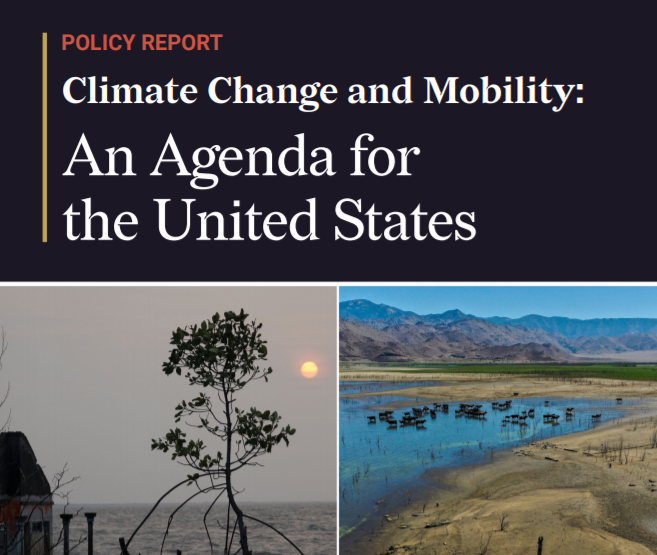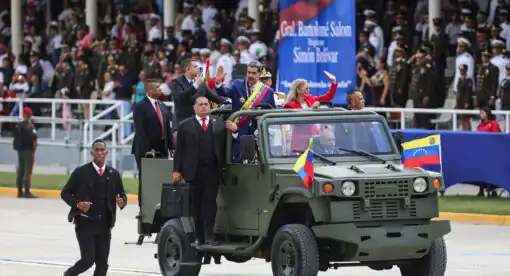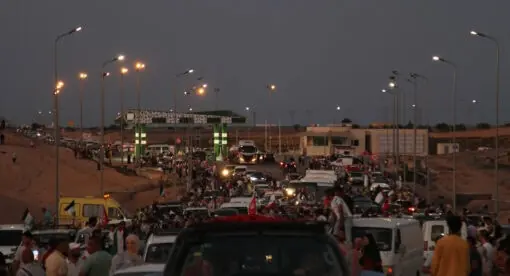Executive Summary
In August 2021, the Biden administration will issue a multi-agency report on climate change and human mobility, as per an executive order issued by the president in February. Among the issues to be addressed are the international security implications of climate related movement; options and mechanisms to protect and, if necessary, resettle individuals displaced by climate change; proposals for the use of U.S. foreign assistance to reduce the negative effects of climate change; and opportunities to work collaboratively with others to respond to these movements. The order is a welcome step toward improving responses to one of the principal human consequences of climate change.
After a discussion of the forms of human mobility that could be affected by climate change, this analysis examines the four areas to be addressed in the administration’s report:
Responding to the international and human security effects of the movements of people related to climate change: There appears to be little evidence that such movements are now or will be an inherent risk to international security. Rather, it seems that certain forms of mobility could reduce international security threats by enabling climate-affected populations to adapt to changing conditions. However, there are situations in which mass displacement and poorly designed relocation schemes can increase human insecurity.
Adopting new U.S. immigration policies for those who are at highest risk from a changing climate: This would include reforms that would allow immigrants facing dire environmental conditions in their home countries to enter the U.S. and possibly enable those already in the U.S. to remain in the country, either temporarily or permanently.
Ensuring that U.S. foreign assistance is used to help people remain in their homes when possible and move securely when necessary, and finding durable solutions that allow them to prosper despite a changing climate: This would include disaster risk reduction programs and migration and relocation programs that empower people to choose when and where they will move or be relocated. This same focus should apply to domestic programs that help U.S. residents.
Building the mechanisms needed to ensure effective international cooperation to tackle these crucial issues: The U.S. could lead by example by adopting domestic policies that respect the rights of those who move, and Washington could support adaptation and sustainable development programs and exert leadership in global platforms working on climate change and climate driven mobility.
Policy recommendations in this report include improving the evidence base for assessing climate change-driven mobility in relation to human security; introducing a new humanitarian admissions category for immigrants in the U.S.; re-engaging with international organizations and processes focused on climate change-induced mobility; and reforming Temporary Protected Status (TPS) to make sure that beneficiaries can return home if possible or adjust to permanent residence in the U.S. if environmental conditions in their home countries do not improve within a certain period.






